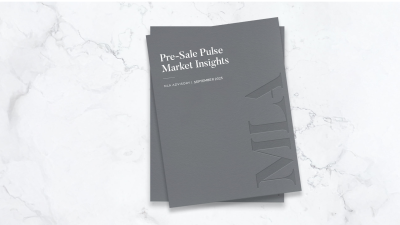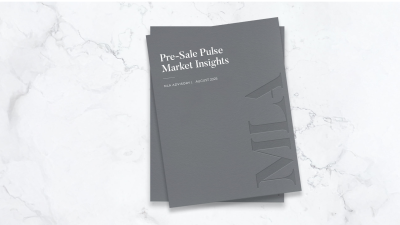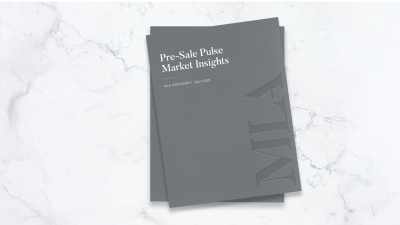Post
Understanding and Planning for Mortgage Rate Changes
October 4, 2017

In September, the Bank of Canada increased the overnight rate by 0.25 percentage points to 1 per cent, and recently Ipsos Top Cities Index recognized Vancouver as the third most livable city in the world. While there is a tendency to panic when interest rates rise, know that economies are cyclical and that you’ll want to have a plan for this great city.
What changes with fixed rate mortgages?
Changes in the interest rates will not affect you until it’s time to renew and renegotiate your mortgage at the end of the term. Homeowners need to remember that they have been paying down their mortgage and have built up their home equity.
“Before your mortgage maturity, try to determine where rates are going and review your financial and family situation and start to plan,” says Kevin Lutz, RBC Regional Manager, Residential Mortgages. He notes there are options for various scenarios from making higher payments to downsizing into a smaller mortgage.
What happens with variable rate mortgages?
For homeowners with variable rate mortgages the rate increase will be effective immediately. If a variable rate is keeping you up at night, Lutz notes that you can convert to a fixed rate mortgage without penalty to provide peace of mind.
Also, for those considering variable rates, make sure you have the flexibility to absorb rate increases based on a higher five-year fixed rate. An option for homeowners wanting to mitigate risk is to split their mortgage 50/50 between variable and fixed rate.
Lock-in Interest Rates with a Residential Mortgage Pre-Approval
Whether buying a new, resale or pre-sale residential home it is to your advantage to meet with a banking representative beforehand to determine your buying power and to get pre-approved for a mortgage to ensure you receive the best possible interest rate.
Getting pre-approved for a mortgage allows you to determine how much you qualify for while you shop for a home. The benefit of being pre-approved is that your interest rate is locked in for a specified amount of time, usually up to 120 days, protecting you against potential rate increases.
For home seekers looking at pre-sale projects, Lutz highly recommends getting firmly approved now if you make a home purchase because of the changing banking regulations. He notes there is no cost or obligation, and at banks like RBC your approval will stand to closing.
Pre-approvals can protect and arm a buyer as they look for a pre-sale home. Not only does it provide comfort knowing you’re pre-approved for the exact size of your mortgage and cost of a house, but it can also help a buyer’s bargaining power in this competitive marketplace against purchasers who are not pre-approved. Many banks currently have mobile Residential Mortgage Specialists who will work around your schedule and meet you at your convenience.
Take a few minutes to visit one of the banking websites to prequalify yourself for a mortgage. You can complete a quick calculation online to see the status of your credit rating and have an approval within a couple of minutes.


